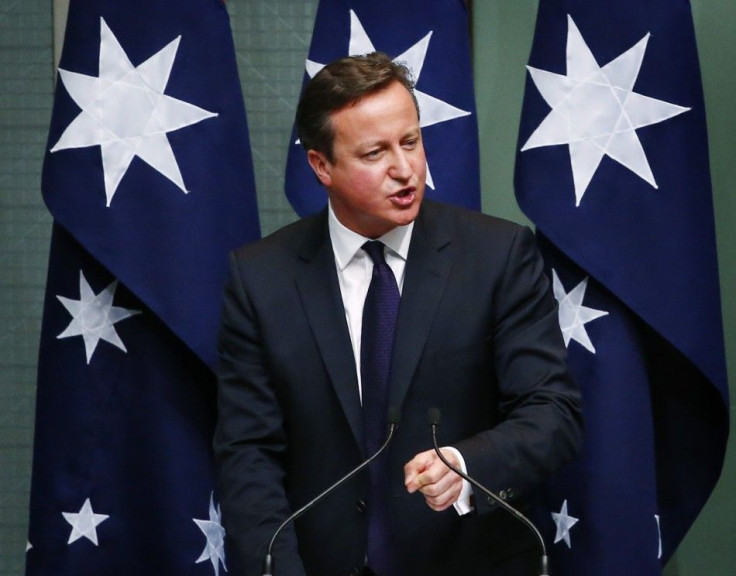UK-Russia Economic Ties Deteriorating Over Politics, Perception Of Russia As 'Aggressor'

Britain and Russia’s economic relations are hampered by politics, Western policies and insufficient communication. The UK government’s view of Russia as the “aggressor” in the Ukraine crisis has also affected ties between the two countries.
Russian Ambassador to the UK Alexander Yakovenko told RT News that current British policies are destroying economic ties. He added that British Prime Minister David Cameron’s hostile approach is often reflected in the reports of Western media.
Yakovenko said the problem stems from policy and perceptions since they are two key elements that represent the position on Russia. He explained that Western media often portray’s Russia as the aggressor after the annexation of Crimea. According to the Russian ambassador, there were two referendums in Crimea and the people of Crimea want Russia for their future.
He noted that the media is only talking about the annexation, which he claimed is only one side of the story. When asked to comment about the tension between the West and Russia, Yakovenko said the conflict in Ukraine is an important factor in international relations. Previous reports indicate that Mr. Cameron talked to Russian President Vladimir Putin at the G20 summit in Australia about the West and Russia’s relationship being at the “crossroads.”
Yakovenko believes Russia’s relationship between Britain and the EU are “degrading” as there is a lack of political dialogue and declining trade. He said UK policy has not been helpful in improving UK-Russia ties.
Meanwhile, German Chancellor Angela Merkel has warned of new sanctions from the EU against Russia if it will not fully implement the deal to end the conflict in Ukraine. The leaders of Russia, Ukraine, Germany and France had reached an agreement after long hours of negotiations in the Belarusian capital of Minsk.
BBC reports that Merkel had told EU leaders to prepare further sanctions should Russia fail to honour the terms of the agreement. The ceasefire will officially begin on Feb. 14 in eastern Ukraine.
Pro-Russian separatists have already signed the agreement that also included the withdrawal of weapons and exchange of prisoners. Ukrainian President Petro Poroshenko said implementing the agreement would be difficult but parties involved remain optimistic.
To report problems or leave feedback on this article, contact: r.su@ibtimes.com.au





















